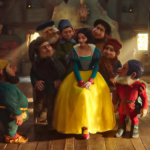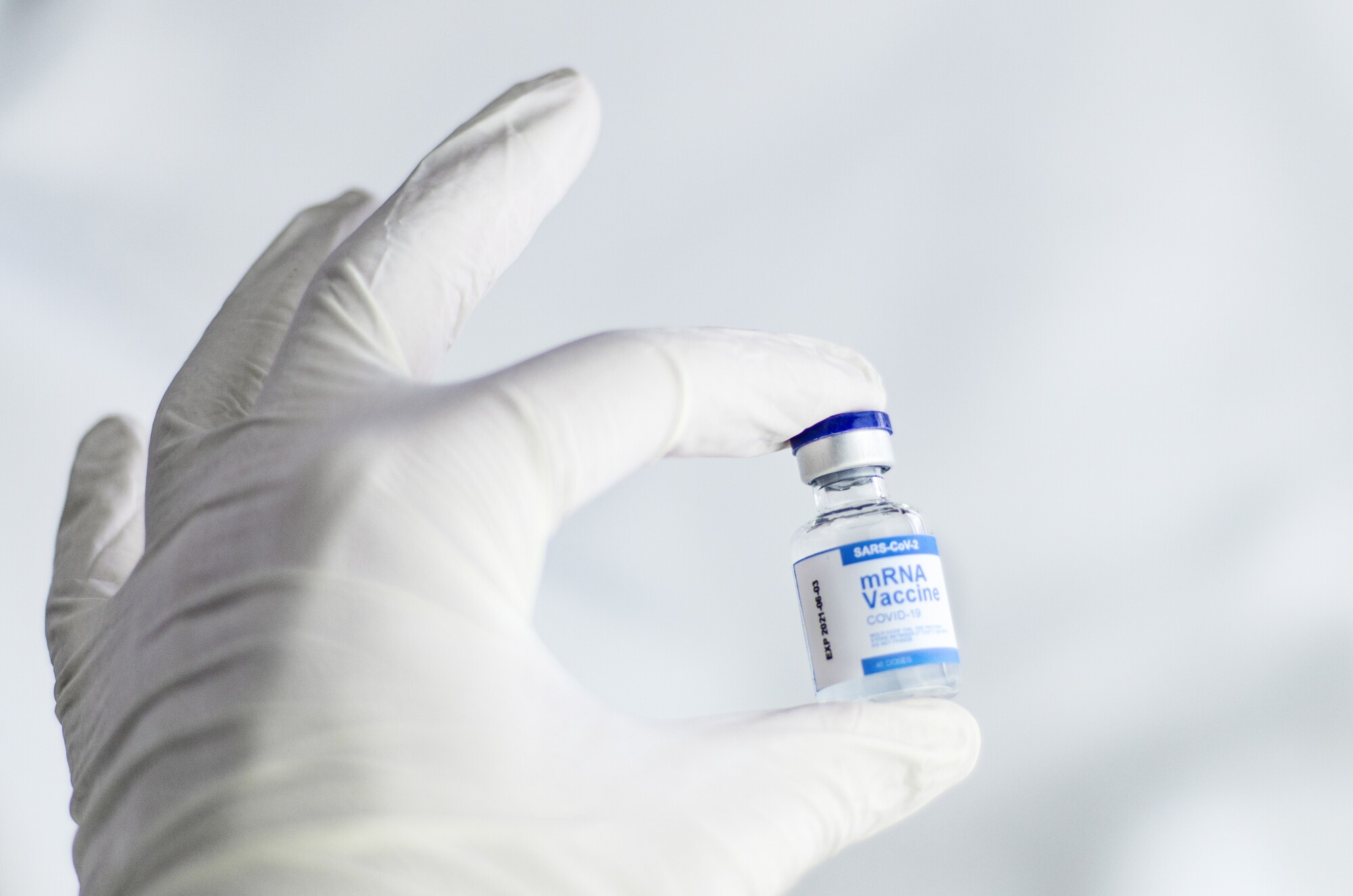Vaccines are an integral part of modern medicine and have helped countless people protect themselves from various illnesses. From polio all the way up to the COVID-19 pandemic, vaccines have played an important role.
Many of us aren’t exactly sure how vaccines work, though. We’re going to take a look at the way that vaccines work today, in particular, answering the question of “how do mRNA vaccines work?”
Hopefully, the information below will give you the insight you need to be more confident to go out and get your next vaccine. Let’s get started.
How Do mRNA Vaccines Work?
So, what is mRNA vaccine? The thing to note about mRNA vaccines is that they don’t operate in the same way as traditional vaccines.
Traditional vaccines introduce a weakened or dead example of the target virus to the system. This copy doesn’t have the same effect as the actual virus, but it contains roughly the same genetic material. That allows the body to create antibodies for that virus, protecting the individual from future contact.
All vaccines introduce a piece of genetic material to the body in order to prompt an antibody response. The difference with mRNA vaccines, though, is that they contain a “messenger RNA.”
This is a piece of RNA that holds the information needed for the body to produce an antibody response. Typically, this strand of RNA is a small protein found on the surface of the virus in question.
In opposition to a full example of the virus, this mRNA doesn’t enter the nuclei of your cells. As a result, it doesn’t affect your genes in any way.
The Body’s Response
The body sees the little protein and understands that it shouldn’t be there. It responds accordingly and creates antibodies for the protein. The beautiful thing is that the protein contains all of the information needed to produce antibodies for the full virus.
After all is said and done, the body flushes out the protein in a matter of hours. You’re left with antibodies for the virus without having the virus introduced to your body at all.
This is a more palatable way to receive vaccines, as there’s a smaller risk that the individual will get sick in the wake of getting their shot. The Pfizer and Moderna vaccines for COVID-19 are mRNA vaccines.
The efficacy of COVID-19 vaccines has proved to be a promising example of the potential of other mRNA treatments. Kenneth Chien, the co-founder of Moderna Therapeutics, believes that there will be wide-ranging applications for these types of vaccines.
While there’s already a wealth of knowledge about mRNA vaccines, there might be a myriad of other illnesses that can be treated using insights from the prevention of COVID-19.
Interested in Learning More About The mRNA Vaccine?
There’s a lot more to learn about mRNA vaccine history, its application today, and the potential for the future. If you’re still wondering, “how do mRNA vaccines work,” we’re here to help.
Explore our site for more insight into medical advancements, vaccines, mRNA, and much more.










